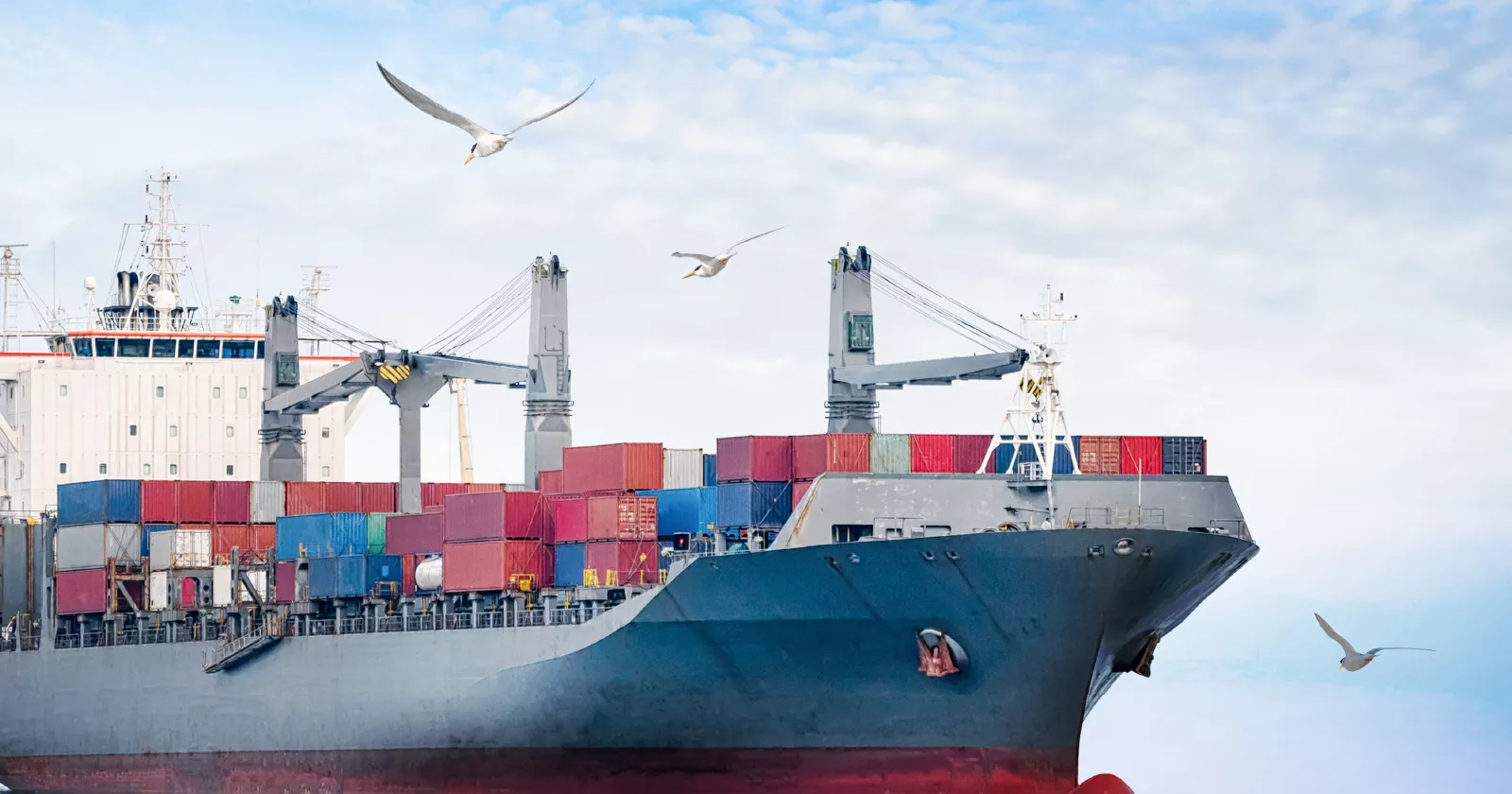How does Exponent help clients understand environmental changes resulting from natural or human causes?
Every environmental system experiences a variety of stressors, both natural and anthropogenic. Exponent scientists use a logical, transparent, and objective approach to evaluate the likelihood of multiple causes and weigh the available evidence for each individual cause contributing to an observed or alleged change.
Our multidisciplinary environmental causal analysis teams conduct a wide variety of investigations to examine the status of natural resources, including fish and wildlife population trends, as well as the nature and extent of candidate stressors, including contaminated environmental media and biota, fishing or hunting pressures, temperature fluctuations, invasive species, and habitat destruction or loss. To scientifically evaluate the causes of environmental changes, we assist clients with data collection and management, develop spatial analysis models, evaluate contaminant transport and fate, conduct environmental forensics investigations, and evaluate adverse ecological changes posed by various stressors.
By leveraging our extensive scientific expertise to collect data, evaluate lines of evidence, and examine all potential pathways of exposure and injury, we can apply our causal analysis to a variety of environmental issues, including biological impairments in water bodies (e.g., 303(d) listings, total maximum daily loads (TMDLs), legacy chemicals), natural resource damage assessments (NRDAs), toxicity reduction evaluations (TREs), and remedial or restoration measures.
services
For 50+ years, we’ve thrived on solving unstructured problems that require bespoke solutions. Some of our services include:
• Ecological risk assessment
• Natural resource damage assessment (NRDA)
• Superfund and Oil Pollution Act (OPA) consulting
• Design and oversight of field investigations, including those involving field measurement of contaminant bioavailability
• Data optimization
• Data management and spatial analysis, including geographic information systems (GIS)
• Contaminant transport and fate and sediment transport analyses
• Bioavailability and bioaccumulation studies
• Sediment toxicity studies and sediment quality triad assessments
• Environmental forensics investigations
• Remedial alternative analysis (including natural attenuation) and feasibility studies
• Regulatory strategy development
• Remediation and restoration planning and oversight
• Trends analysis
• Ecosystem impact and recovery monitoring
Insights
Experts
Our global and comprehensive expertise across industries gives us a deep understanding of current challenges, best industry practices, and the implications of emerging technologies.

Practice Director and Principal Scientist










